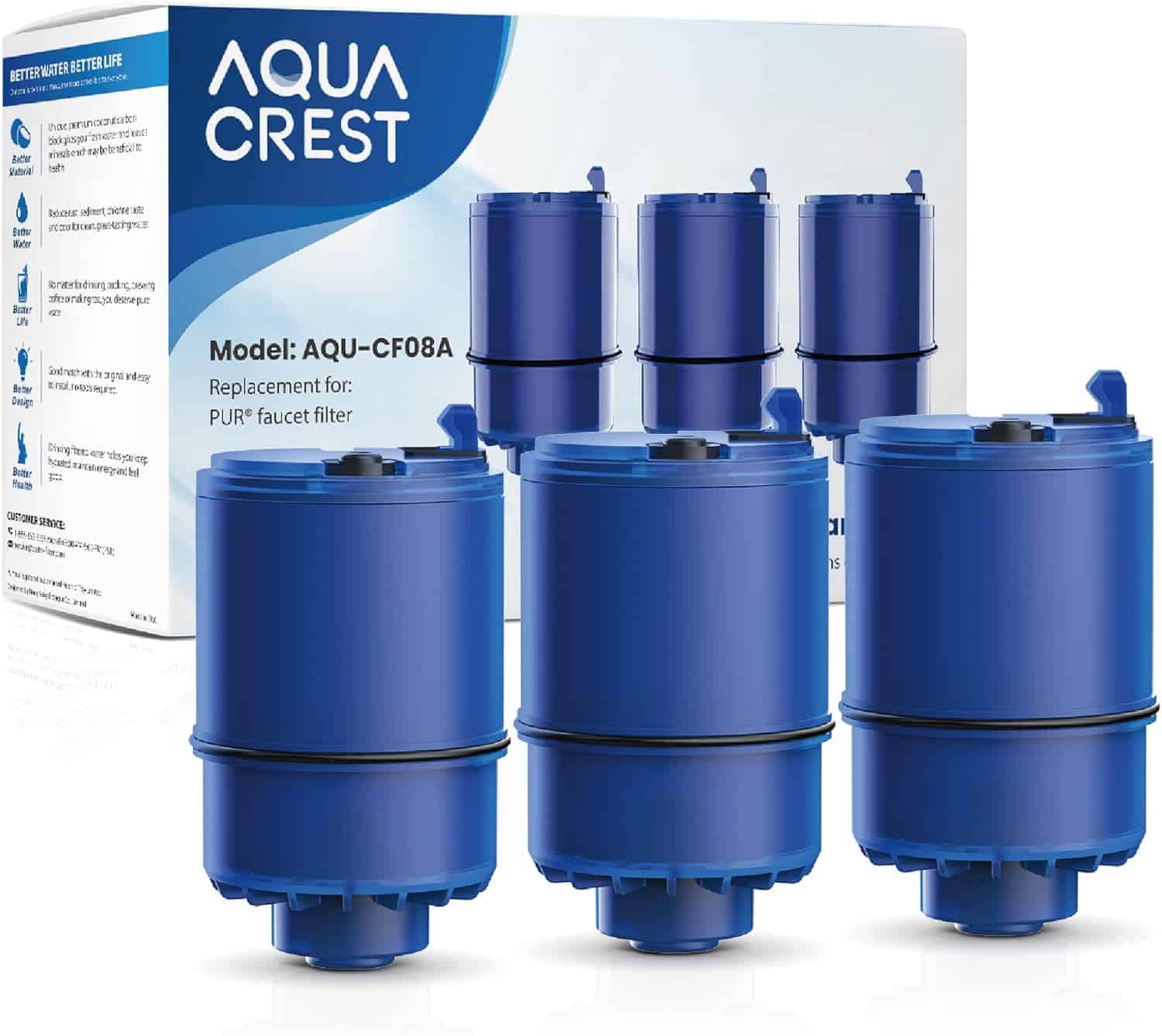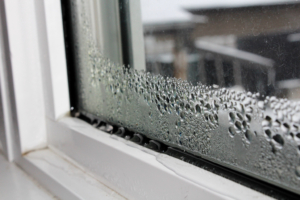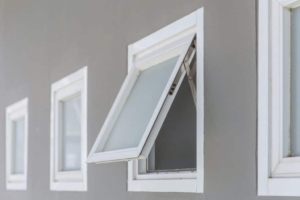The Ultimate Guide to Selecting
the Best Ceiling Material for Your Space

Choosing the right ceiling material for your space can be a daunting task. But it doesn’t have to be. Welcome to this guide that will provide you with everything you need to know about selecting the best ceiling material for your room. This easy-to-understand guide will explore various options available in the market, their pros and cons, cost, and much more. Soon, you’ll be confident in making the right choice for your space, ensuring it’s not only visually appealing but also functional and durable. So, let’s get started on this journey to find the perfect ceiling for your space.
Factors to Consider When Selecting Ceiling Materials
When it comes to selecting the best ceiling material for your space, there are several important factors to consider. Each factor plays a role in determining the overall look, durability, and functionality of your ceiling. In this section, we will explore the key factors you should keep in mind when making your decision.
Aesthetics
One of the primary considerations when choosing a ceiling material is its aesthetic appeal. Your ceiling can greatly impact the overall ambiance and style of your space. Whether you prefer a modern, minimalist look or a more traditional and ornate design, selecting a ceiling material that complements your desired aesthetic is essential. Consider the texture, color, and pattern of the material to ensure it aligns with the overall theme of your space.
Durability
Durability is another factor to keep in mind when selecting a ceiling material. You want a material that can withstand the test of time and resist wear and tear. Consider the durability of various materials, such as gypsum, metal, or wood, and choose a material that suits the specific requirements of your space. For example, in high-moisture areas such as bathrooms or kitchens, it’s important to select a material that is resistant to mold and moisture damage.
Maintenance
Nobody wants to spend excessive time and effort on maintaining their ceiling. Therefore, it’s important to consider the level of maintenance required for different ceiling materials. Some materials, like gypsum or metal, are relatively low maintenance and can be easily cleaned with a damp cloth. On the other hand, certain wood materials may require regular polishing or refinishing to maintain their appearance. Assess your willingness to invest time and effort into maintenance before making your final decision.
Acoustic Properties
If sound insulation is a priority for your space, consider the acoustic properties of the ceiling material. Certain materials, like acoustic tiles or suspended ceiling systems, are specifically designed to minimize noise transmission. These materials can be particularly beneficial in areas where noise reduction is important, such as offices, recording studios, or bedrooms. Evaluate the level of acoustic insulation required for your space and choose a material that meets those needs.
Fire Resistance
Fire resistance is a critical safety consideration when selecting a ceiling material. Certain materials, such as gypsum, have excellent fire-resistant properties, making them an ideal choice for commercial spaces or areas where fire safety is a concern. Ensure that the material you choose meets the necessary fire safety regulations and provides the level of protection required for your specific space.
Cost
Last but certainly not least, cost is an important factor to consider when selecting a ceiling material. The price of different materials can vary significantly, so it’s essential to determine your budget and explore the options within that range. Keep in mind that the cost of the material is not the only expense you should consider. Installation costs, maintenance expenses, and potential repairs should also be factored into your overall budget.
Types of Ceiling Materials
When it comes to selecting the best ceiling material for your space, there are several options to consider. Each type of material has its own unique characteristics and benefits, so it’s important to understand the differences before making a decision. In this section, we will explore seven popular types of ceiling materials: Gypsum Board, Acoustic Tiles, Metal Ceiling Tiles, Wood Paneling, PVC Ceiling Tiles, Fiberglass Ceiling Tiles, and Mineral Fiber Ceiling Tiles.
Gypsum Board

Gypsum board, also known as drywall or plasterboard, is a popular choice for ceilings due to its affordability and versatility. It is made from a layer of gypsum sandwiched between two layers of paper. Gypsum board provides a smooth surface and can be easily painted or textured to match any décor. Additionally, it is fire-resistant, making it a safe option for residential and commercial spaces.
Acoustic Tiles
If soundproofing is a priority, acoustic tiles are an excellent choice for your ceiling. These tiles are specifically designed to absorb and reduce sound, making them ideal for spaces such as recording studios, offices, or home theaters. Acoustic tiles come in various designs and textures, allowing you to create a visually appealing ceiling while improving the acoustics of the room.
Metal Ceiling Tiles
For a modern and sleek look, metal ceiling tiles are a great option. These tiles are typically made from aluminum or tin and offer durability and easy maintenance. Metal ceiling tiles are available in a wide range of finishes and designs, allowing you to create a unique and stylish ceiling that enhances the overall aesthetic of your space.
Wood Paneling
If you prefer a natural and warm ambiance, wood paneling is an excellent choice for your ceiling. Wood panels create a timeless and elegant look, adding a touch of sophistication to any room. Whether you opt for solid wood or engineered wood panels, this type of ceiling material brings warmth and character to your space.
PVC Ceiling Tiles
PVC ceiling tiles are a cost-effective and lightweight option that offers versatility in design. These tiles are easy to install and maintain, making them a popular choice for DIY enthusiasts. PVC ceiling tiles are available in various textures and patterns, allowing you to achieve a unique and decorative ceiling without breaking the bank.
Fiberglass Ceiling Tiles
Fiberglass ceiling tiles are known for their excellent sound absorption properties and resistance to moisture and mold. These tiles are lightweight and durable, making them suitable for both residential and commercial spaces. Fiberglass ceiling tiles also come in a variety of colors and designs, giving you the freedom to create a customized and stylish ceiling.
Mineral Fiber Ceiling Tiles
Mineral fiber ceiling tiles are a practical and budget-friendly option that offers great acoustic performance. These tiles are made from a combination of mineral wool, clay, and starch, providing excellent sound absorption and fire resistance. Mineral fiber ceiling tiles are easy to install and offer a wide range of design options to suit your aesthetic preferences.
Pros and Cons of Each Ceiling Material
Choosing the right ceiling material for your space is an important decision that can greatly impact the overall aesthetics and functionality of your room. With a wide range of options available, it can be overwhelming to determine which one is the best fit for your needs. In this section, we will explore the pros and cons of different ceiling materials, including gypsum board, acoustic tiles, metal ceiling tiles, wood paneling, PVC ceiling tiles, fiberglass ceiling tiles, and mineral fiber ceiling tiles.
Gypsum Board
Pros:
- Gypsum board, also known as drywall, is a popular choice due to its affordability.
- It is easy to install and requires minimal maintenance.
- Gypsum board can be easily painted, allowing for endless design possibilities.
Cons:
- It is not resistant to moisture, so it may not be suitable for areas with high humidity, such as bathrooms.
- Gypsum board is not as durable as some other materials, and it can be prone to damage from impacts.
Acoustic Tiles
Pros:
- Acoustic tiles are excellent for controlling sound in a room, making them ideal for spaces where noise reduction is important, such as offices or recording studios.
- They come in various designs and patterns, allowing for creative ceiling designs.
- Acoustic tiles are lightweight and easy to install.
Cons:
- They may not be as visually appealing as other ceiling materials, especially if you’re looking for a more luxurious or natural look.
- Acoustic tiles can be more expensive compared to other options.
Metal Ceiling Tiles
Pros:
- Metal ceiling tiles offer a sleek and modern look, adding a touch of sophistication to any space.
- They are highly durable and resistant to moisture, making them suitable for bathrooms and kitchens.
- Metal tiles are available in various finishes and designs, providing versatility in design choices.
Cons:
- Metal tiles can be costly, especially if you opt for high-end materials like stainless steel or copper.
- They may have poor acoustic properties and can create a noisy environment if not properly insulated.
Wood Paneling
Pros:
- Wood paneling creates a warm and inviting atmosphere, adding a touch of elegance to any room.
- It offers excellent insulation properties, helping to regulate temperature and reduce energy costs.
- Wood paneling is available in different types of wood, allowing you to choose the one that suits your style.
Cons:
- It can be more expensive compared to other ceiling materials, especially if you choose high-quality or exotic wood.
- Wood paneling requires regular maintenance, including sealing or staining, to prevent damage from moisture or pests.
PVC Ceiling Tiles
Pros:
- PVC ceiling tiles are affordable and budget-friendly.
- They are lightweight and easy to install, making them a popular choice for DIY projects.
- PVC tiles are resistant to moisture, making them suitable for areas exposed to water or high humidity.
Cons:
- PVC ceiling tiles may not offer the same level of durability as other materials, and they can be prone to damage from impacts.
- They may not provide the same level of visual appeal as some other ceiling materials.
Fiberglass Ceiling Tiles
Pros:
- Fiberglass ceiling tiles are lightweight, making them easy to handle and install.
- They are resistant to moisture, mold, and mildew, making them suitable for areas with high humidity.
- Fiberglass tiles offer good acoustic properties and can help improve sound quality in a room.
Cons:
- Fiberglass tiles can be more expensive compared to other options in the market.
- They may not offer as many design options as some other materials.
Mineral Fiber Ceiling Tiles
Pros:
- Mineral fiber ceiling tiles are excellent for sound absorption, reducing noise levels in a room.
- They are fire-resistant, making them a safe choice for commercial spaces or areas where fire safety is a concern.
- Mineral fiber tiles come in various designs and finishes, offering versatility in design choices.
Cons:
- They can be more expensive compared to other ceiling materials.
- Installation of mineral fiber tiles may require professional assistance due to their weight and complexity.
In conclusion, each ceiling material has its own set of pros and cons. Consider your specific needs, budget, and desired aesthetic when selecting the best ceiling material for your space. Remember to weigh factors such as durability, moisture resistance, acoustic properties, and overall maintenance requirements to make an informed decision.
Choosing the Right Ceiling Material for Different Spaces
When it comes to selecting the best ceiling material for your space, there are several factors to consider. Each room in your home or office has its own unique requirements and aesthetic considerations. In this section, we will explore the ideal ceiling materials for different spaces, including the living room, kitchen, bedroom, bathroom, and office space.
Living Room
The living room is often the focal point of the house, where you spend quality time with family and entertain guests. Therefore, it’s essential to choose a ceiling material that not only enhances the room’s visual appeal but also provides functionality. One popular option for living rooms is a suspended ceiling, also known as a drop ceiling. This type of ceiling offers easy access to wiring and plumbing while providing a modern and stylish look. Another option to consider is a coffered ceiling, which adds depth and architectural interest to the room.
Kitchen
The kitchen is a space that requires a ceiling material that can withstand high humidity, heat, and frequent cleaning. One excellent choice for kitchens is a moisture-resistant ceiling tile. These tiles are made from materials such as PVC or fiberglass, which are not only durable but also resistant to mold and mildew. Additionally, consider installing a ceiling fan to improve air circulation and maintain a comfortable environment while cooking.
Bedroom
When it comes to the bedroom, creating a serene and relaxing atmosphere is key. A popular choice for bedroom ceilings is a traditional drywall finish. It offers a smooth and seamless appearance that complements various bedroom styles. Another option to consider is a tray ceiling, which adds an elegant touch to the room by creating a recessed or stepped ceiling design. Additionally, consider incorporating LED lighting fixtures into the ceiling to create a soothing ambiance.
Bathroom
Bathrooms are prone to high levels of moisture and humidity, making it essential to choose a ceiling material that can withstand these conditions. One ideal option for bathroom ceilings is a mold and mildew-resistant tile. These tiles are designed to prevent moisture buildup, ensuring a clean and hygienic environment. Another popular choice is a vinyl ceiling, which is not only waterproof but also easy to clean and maintain.
Office Space
Whether you have a home office or a dedicated workspace, the ceiling material you choose can significantly impact your productivity and overall comfort. A great option for office spaces is an acoustic ceiling tile. These tiles are designed to absorb sound, minimizing noise distractions and creating a quiet working environment. Another consideration is a suspended ceiling, which allows for easy installation of lighting fixtures and concealing of wires.
Conclusion
Selecting the best ceiling material for your space is a decision that should not be taken lightly. By considering various factors such as durability, aesthetics, acoustics, and budget, you can make an informed choice that will enhance the overall look and feel of your room. Whether you opt for traditional materials like gypsum or modern alternatives like metal or wood, it’s important to prioritize your specific needs and preferences. Remember to consult with professionals, do thorough research, and take into account the specific requirements of your space. With the right ceiling material in place, you can create a visually appealing and functional environment that suits your style and enhances the overall ambiance of your space.





















